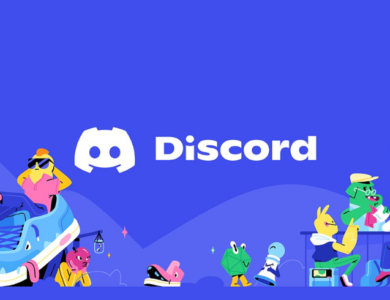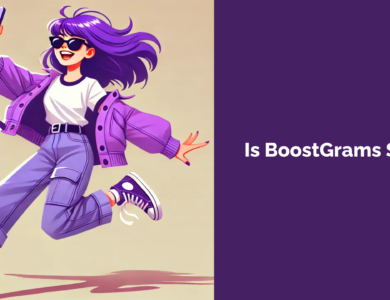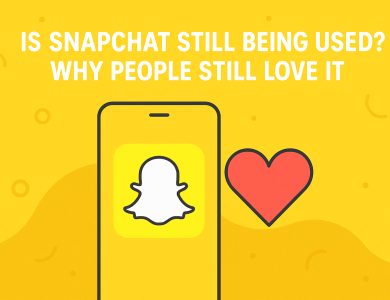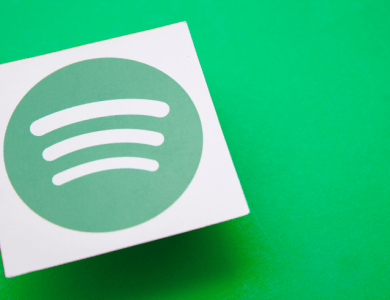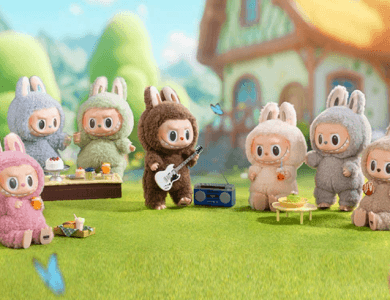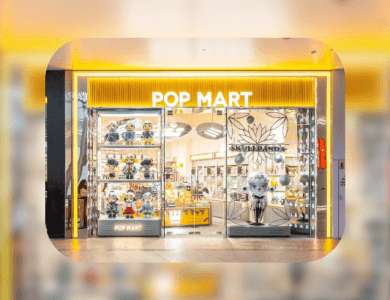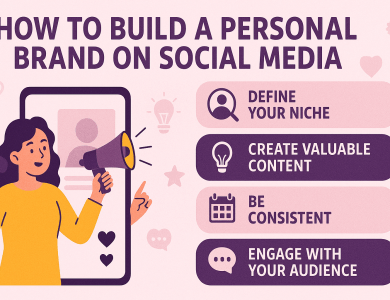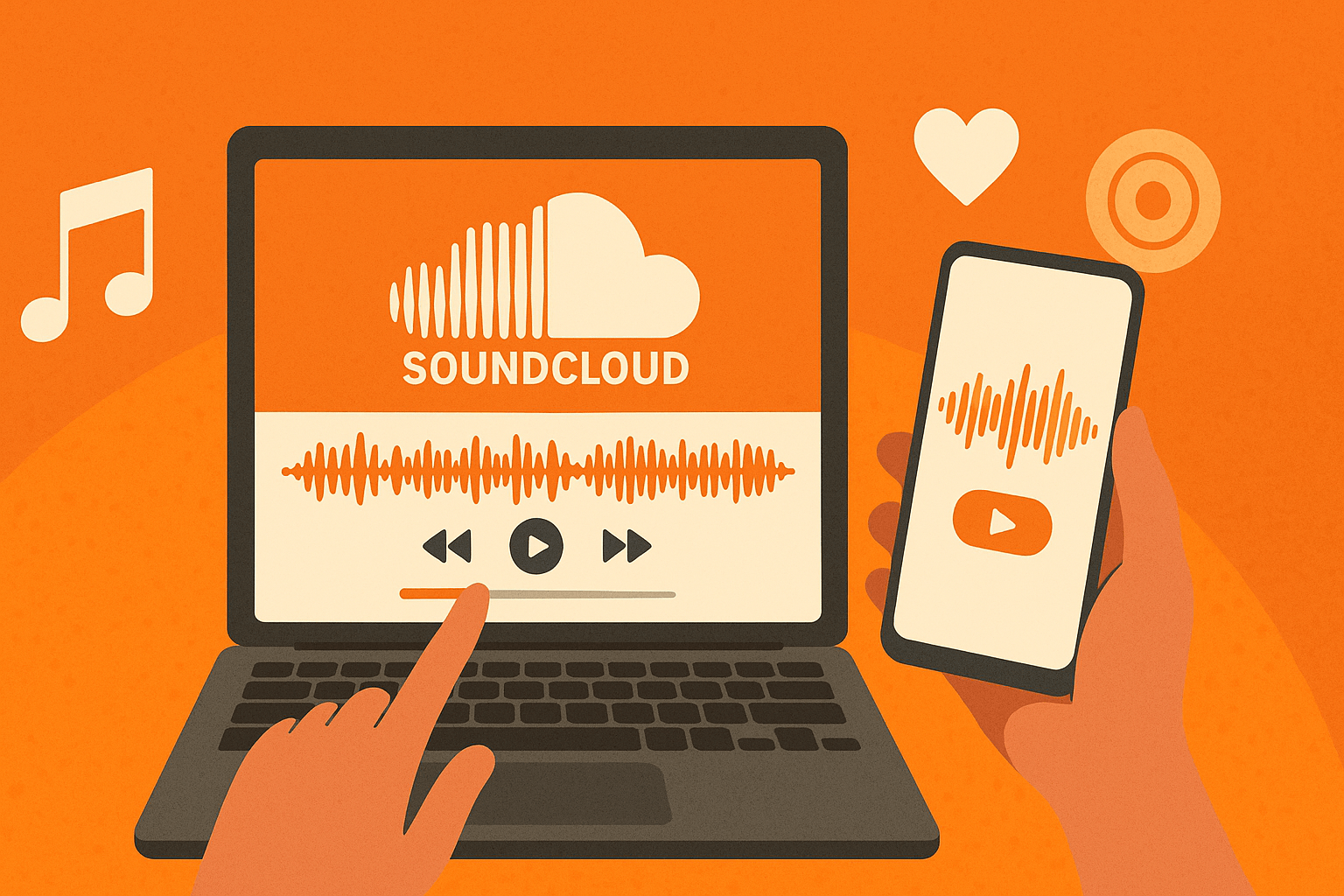
If you’ve spent any time exploring music online—especially underground, indie, or upcoming artists—you’ve probably stumbled across SoundCloud. But what is SoundCloud exactly, and why does it hold such a unique spot in the hearts of artists and listeners around the globe?
In this blog, we’ll unpack what SoundCloud is, why it became a revolutionary tool in the music industry, and how it continues to serve as a launchpad for talent. Whether you’re a music lover, an aspiring artist, or just curious, this guide has you covered.
Contents
What is SoundCloud?
SoundCloud is a global music streaming platform that allows users to upload, promote, and share audio. Launched in 2007 in Berlin, Germany, SoundCloud was created with one key idea in mind: to give artists complete freedom to share their music directly with fans.
Unlike traditional music streaming platforms, SoundCloud was built for creators first. It doesn’t just host music—it invites musicians to engage with their listeners through comments, reposts, and customizable profiles.
In short, SoundCloud is both a streaming service and a social network for music, and that’s what makes it special.
How SoundCloud Works
For Listeners
Listeners on SoundCloud can explore music in a way that’s a bit different from platforms like Spotify or Apple Music. On SoundCloud, you’re more likely to find:
Unreleased tracks
Mixtapes and remixes
Experimental sounds
Genre-bending music
Users can create playlists, like and repost songs, follow artists, and leave time-stamped comments on tracks. This comment feature, by the way, is one of SoundCloud’s most beloved social tools—fans can react to specific moments in a song, like a killer drop or a beautiful lyric.
For Artists
Artists can upload their music (up to 3 hours for free accounts) and make it instantly available to millions of users. They can tag tracks by genre, location, and mood, helping music find the right audience. Plus, SoundCloud provides detailed analytics so artists can see how their music performs.
There are also premium tiers—SoundCloud Pro and Pro Unlimited—which offer more upload time, better analytics, and the ability to monetize tracks.
The SoundCloud Revolution: Why It Mattered
What made SoundCloud revolutionary wasn’t just the streaming—it was the empowerment. Before SoundCloud, getting your music heard meant convincing record labels, radio stations, or club DJs to give you a chance.
SoundCloud changed that.
Suddenly, any artist with an internet connection could publish their music and reach a global audience. Artists didn’t need industry connections to build a following—they just needed good music and savvy sharing.
It democratized music distribution and discovery, and that had a ripple effect across the entire industry.
Famous SoundCloud Success Stories
Some of today’s biggest artists got their start by uploading tracks to SoundCloud. Let’s look at a few names:
| Artist | Breakout Track(s) | Current Status |
|---|---|---|
| Post Malone | “White Iverson” | Grammy-nominated superstar |
| Billie Eilish | “Ocean Eyes” | Global pop icon |
| Chance the Rapper | “Acid Rap” | Independent hip-hop legend |
| XXXTentacion | “Look at Me!” | Influential (though controversial) figure |
| Lil Uzi Vert | Early mixtapes and freestyles | Chart-topping rapper |
These artists leveraged SoundCloud’s open ecosystem to build organic fanbases before mainstream media even caught on.
The Rise of “SoundCloud Rap”
SoundCloud didn’t just give rise to artists—it shaped entire genres. One of the most notable is “SoundCloud Rap,” a raw, emotional, often DIY style of hip-hop that emerged in the late 2010s. Think lo-fi beats, distorted bass, and deeply personal lyrics.
Artists like Lil Peep, Ski Mask the Slump God, and Juice WRLD embodied this sound, which heavily influenced the direction of modern rap.
Is SoundCloud Still Relevant Today?
Yes, absolutely—but with some caveats. While it’s no longer the only place for indie artists to thrive (thanks to YouTube, Video-Platform, and Spotify for Artists), SoundCloud still offers:
A direct connection between artists and fans
A testing ground for new music
A space for niche genres and subcultures
In 2020, SoundCloud launched “fan-powered royalties”, a major shift in the streaming payout model. Unlike platforms that pool all subscription revenue and divide it by stream counts, this model pays artists based on the actual listening behavior of their fans. It’s a more equitable system, especially for smaller artists with loyal followings.
Pros and Cons of Using SoundCloud
Let’s break it down:
Pros
Easy for artists to upload music
Social features foster community
Great for music discovery
Independent-friendly business model
Cons
Lower sound quality compared to platforms like Tidal
Monetization can be tricky without a large fanbase
Less mainstream music for casual listeners
So, what is SoundCloud? It’s more than a music platform. It’s a cultural movement. It’s a stage for the unheard. It’s where your favorite artist might have uploaded their very first track before they were famous.
For artists, it’s a launchpad. For fans, it’s a treasure trove of raw, authentic, and often brilliant sounds you won’t hear anywhere else.
Whether you’re looking to find the next big thing or simply want to enjoy some good music outside the mainstream, SoundCloud is worth diving into.
